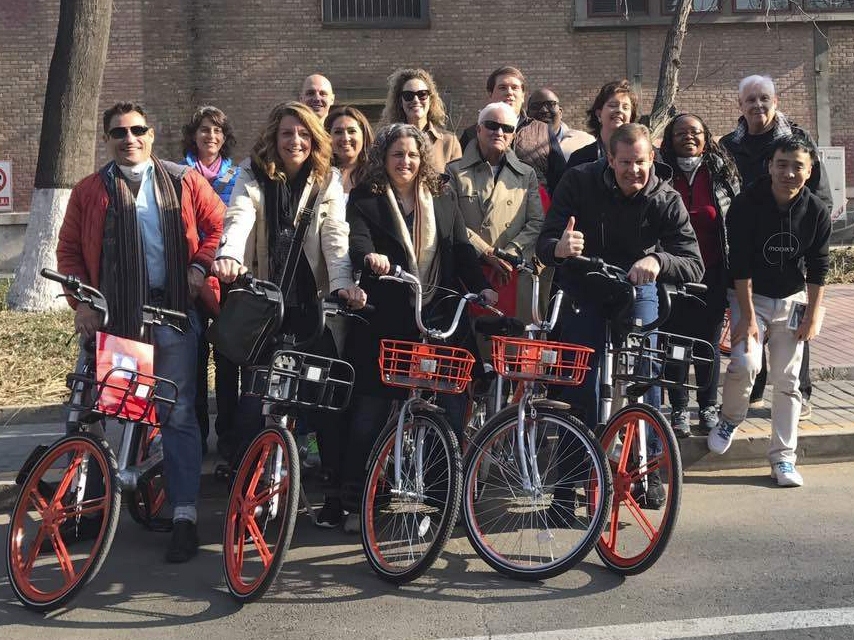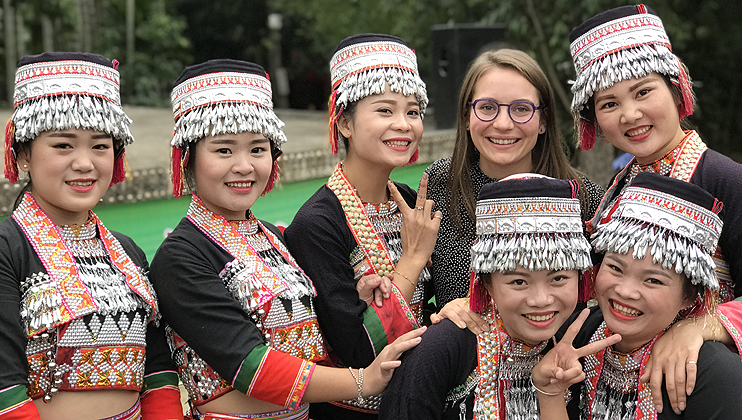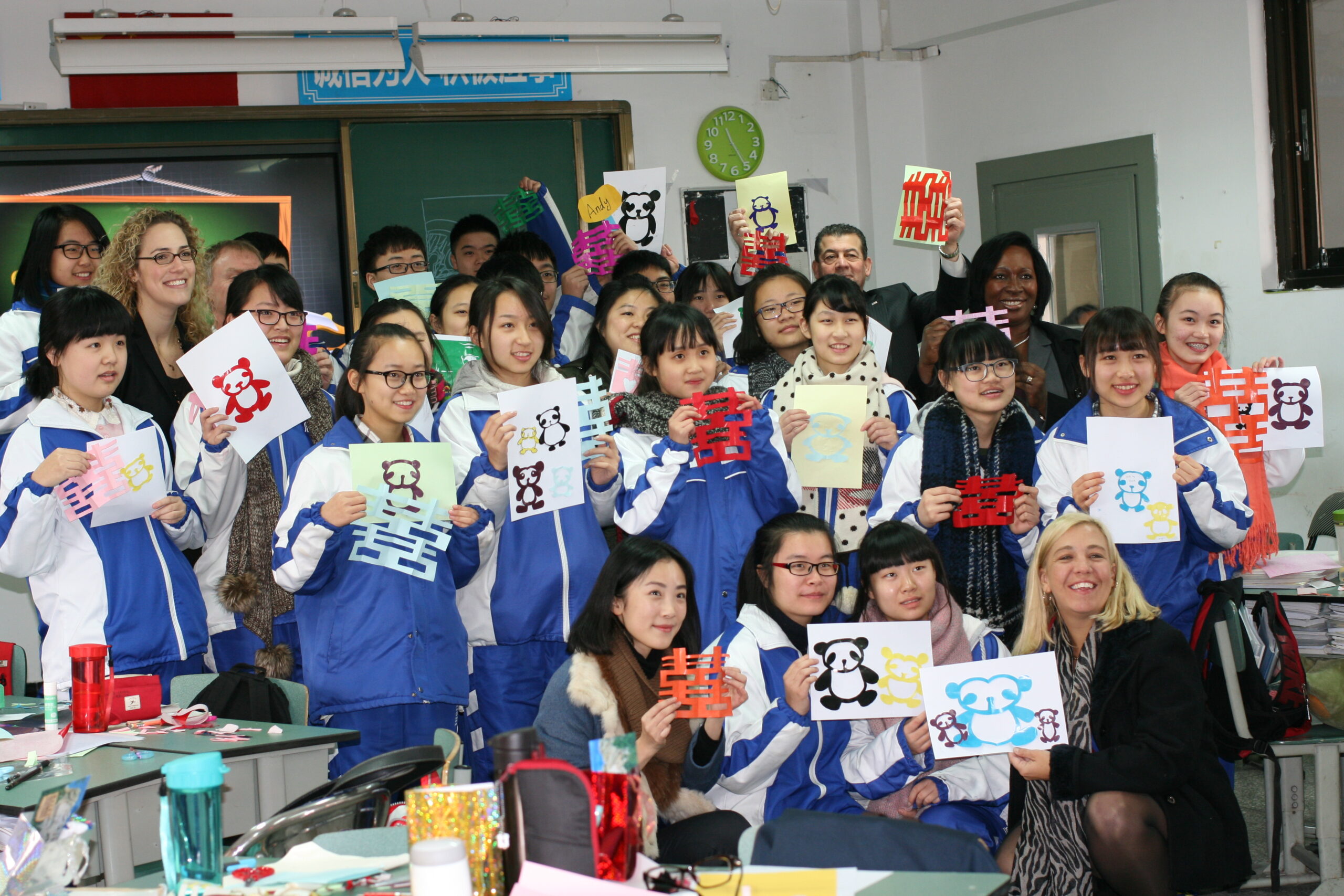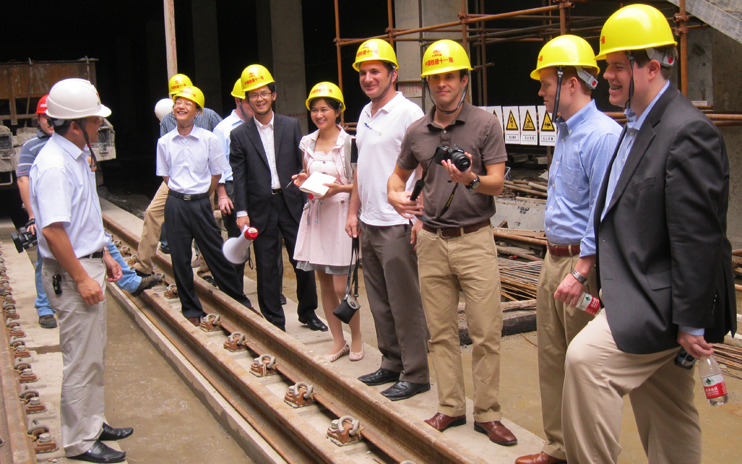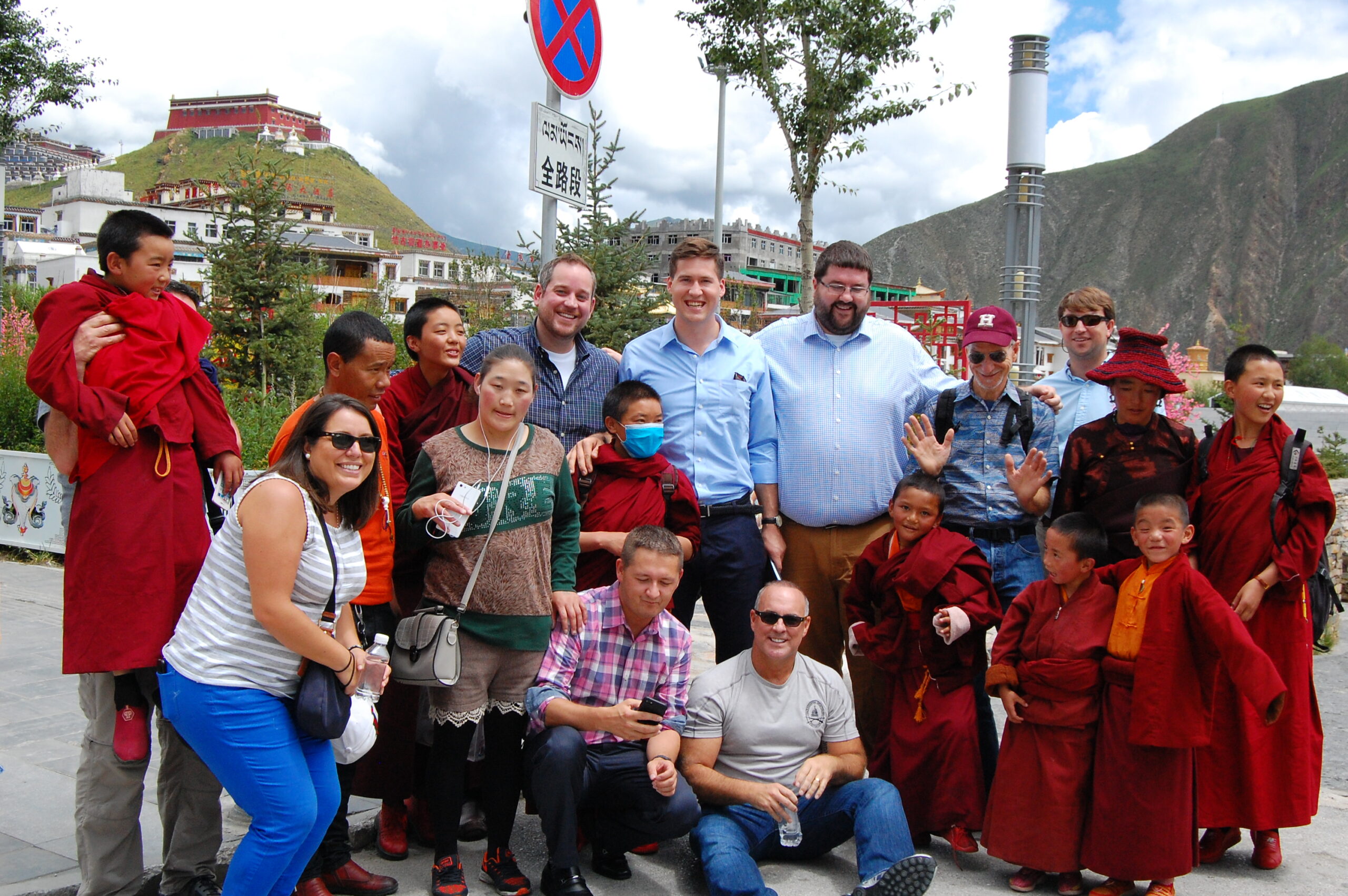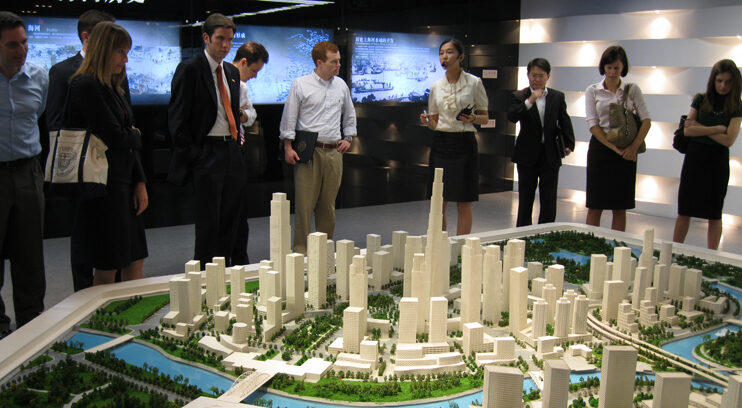Since 2007, the National Committee has sent regular delegations of congressional senior staff members to China each year. To date, more than 150 congressional offices and committees have participated in an NCUSCR-led staff delegation to China, which draw senior aides from both the Senate and House and from both D.C. and non-D.C.-based offices.
The discussions, meetings, and site-visits on these eight to ten-day, in-country programs focus on key issues in the U.S.-China relationship, such as energy, climate change, security, and trade. As part of their explorations, groups have investigated China’s emerging alternative energy sector, minority issues, high-speed rail and infrastructure development, technological innovation, and agriculture.
Largely listening tours for the participants to develop their understanding of China’s accomplishments and challenges, these visits complement the Committee’s other efforts to educate Congress on issues relating to China, including its Congressional Members Delegations to China and Capitol Hill Briefings for New Members of Congress.
For each trip, either the Foreign Affairs Committee of the National People’s Congress in China or the Chinese People’s Institute of Foreign Affairs assists the National Committee in arranging senior-level visits within China and setting up other meetings and activities. The National Committee works closely with one such counterpart organization and the Chinese Embassy in the U.S. to develop an informative and pertinent itinerary. All congressional trips are conducted under the U.S. Mutual Education and Cultural Exchange Act of 1961 (MECEA).
Each group is accompanied by several knowledgeable escorts: a senior staff member from the National Committee, staffers from the Chinese counterpart organization, and an American China scholar, who previously participated in the Committee’s Public Intellectuals Program.
Delegations are designed to both expose staffers to a broad array of U.S.-China issues and enable them to better address policy issues and constituent concerns. In addition to meeting with representatives from China’s central, provincial, municipal government offices, delegation meet with members of the American diplomatic and business communities, journalists, business and tech leaders, academics, and other stakeholders.
As in-person delegations are not feasible during the Covid pandemic, the National Committee is currently organizing virtual delegations that set up direct communication between staffers and entities in China. These virtual delegations focus on pertinent and timely topics in the bilateral relationship, including “Digital Economy & Currency” and “Climate & Energy,” looking at areas of cooperation and competition.
This program continue the organization’s long history of organizing and leading U.S. congressional staff trips to China, beginning in 1976, when the National Committee took the first group of congressional staffers to China.
Photo Gallery
